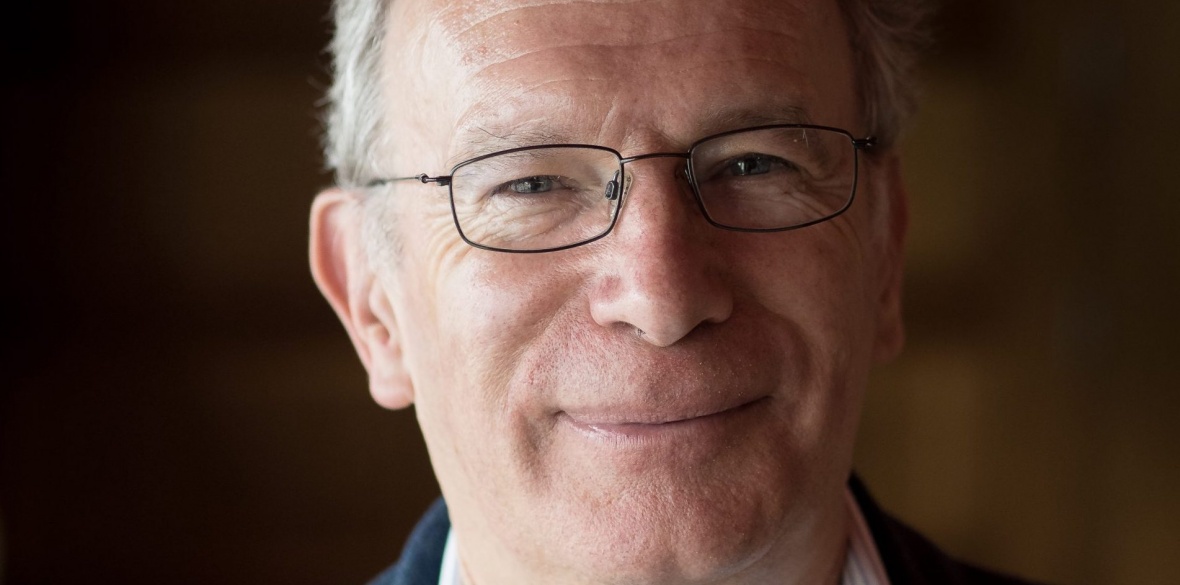This is the last article you can read this month
You can read more article this month
You can read more articles this month
Sorry your limit is up for this month
Reset on:
Please help support the Morning Star by subscribing here
IN THEORY, 2020’s lockdown should have provided the perfect conditions for major outbreaks of bibliophilia.
But, following an intense publishing year in 2019, when The Washington Post book section declared that “fascism is back in fashion” and classics like Philip Roth’s The Plot Against America and Sinclair Lewis’s It Could Happen Here shot up bestseller lists, 2020 ironically seemed less fevered — the rise of Covid-19 and the US presidential election shifted the ground beneath publishing’s feet somewhat.
Faced with a worldwide assault on democracy, with authoritarian populism gaining traction in countries including Hungary, Poland, Turkey, the Philippines, Brazil and, of course, the US and Britain, many writers seemed to have entered the depressive stage of the grief cycle.
A period of reflection emerged, in which it was necessary to necessary to scrutinise the seams of history with a renewed perspective on those established narratives of capitalism that had led to populism.
Writers such as Vivian Gornick offered evidence of workers’ movements that had been expunged in the charge towards neoliberalism.
Her 1970s classic, The Romance of American Communism was republished by Verso, establishing Gornick as a key go-to writer for those seeking insight on organised resistance in previous generations.
Now in her eighties, Gornick was “rediscovered” as an important critic of US cultural and political developments, including second-wave feminism, from the 1960s to the current day.
A new collection of her essays, Taking a Long Look: Essays on Culture, Literature, and Feminism in Our Time, comes out from Verso in April.
Also published by Verso this year was What We Don’t Talk About When We Talk About #Metoo: Essays on Sex, Authority and the Mess of Life.
In this collection, New-York based feminist intellectual JoAnn Wypijewski draws on work across 20 years of writing for The Nation magazine and New Left Review.
Wypijewski’s major theme is America’s undiminishable capacity for devastating cruelty while always maintaining its psychic innocence.
Pulitzer prize-winner Anne Applebaum found her centre-right position an uncomfortable fit when elites in democracies around the world took up the goose step.
Her book Twilight of Democracy describes many of the new advocates of illiberalism in countries all over the globe, showing how they use conspiracy theories, political polarisation, social media and even nostalgia to move their societies into nationalism and authoritarianism.
In a similar vein, The Light That Failed: A Reckoning, by Ivan Krastev and Stephen Holmes, examined regions of central and eastern Europe overtaken “by nationalists, nativists and populists.”
The arrogance and complacency of Western neoliberalist ideology, assuming the end of history and a one-size-fits-all dogma from 1989 onwards, is named as the culprit.
Closer to home, Irish Times columnist Fintan O’Toole continued his tragi-comedic interpretation of Brexit in The Politics of Pain: Postwar England and the Rise of Nationalism.
In a new edition of the bestselling Heroic Failure (2018), O’Toole analyses “dark corners of the reactionary imagination.”
He brings inspired observation to the self-pitying constructs propping up an “English national revolution,” fuelled on Boris Johnson’s “camped up outrage,” Nigel Farage’s fantasy of victimhood and resurrecting a cult of heroic failure.
Still with the demagogues, Arundhaty Roy’s 2020 book Azadi (“Freedom” in Urdu), published by Penguin, focuses on Hindu fundamentalism’s new hegemony in India, headed up by Prime Minister Narendra Modi.
Modi’s governing style has been labelled a form of fascism, yet Roy sees it as a kind of “tin-pot authoritarianism” resembling, she finds, “the dysfunction of Nazi Germany.”
Roy writes movingly on the situation in Kashmir and tackles the further onslaught against freedom that Covid-19 engenders.
The plight of the poor and powerless — caught between a deadly pandemic and the deadliness of the Modi government — is disturbingly captured.
But Roy wants to go further, challenging the reader to consider the opportunities for a new, better future that this terrible virus may offer.
The 100th anniversary of the birth of Romanian-born poet and Holocaust survivor Paul Celan chimed with a heightened foreboding in the run-up to the US election.
Celan is credited with cleansing “his mother’s high-German of all the poison injected into it by her murderer’s ideology.”
His body of work is extraordinarily demanding, condensed and metaphysical.
Celan’s translator of half a century, Pierre Joris, has produced an edition of his posthumous prose, Microliths, which brings the poet closer to the reader.
A specially commissioned video (mstar.link/AusterJoris) from NYU celebrates perhaps the greatest poet of the 20th century and features a richly layered discussion on writing between Paul Auster and Joris.
Another admirable poet brought closer through technology was Alice Oswald,an acclaimed figure in British nature poetry and performance, in her Oxford University Professor of Poetry lecture series (mstar.link/AliceOswaldOxford).
Her scholarship and evident depth of commitment to her art form were inspiring through the dog days of summer.
Delving into Homeric metaphors for water, Oswald demonstrated the activism of language and the power of words to reach out across 3,000 years and convey a shared experience of human grief, immediate, beautiful and known.








